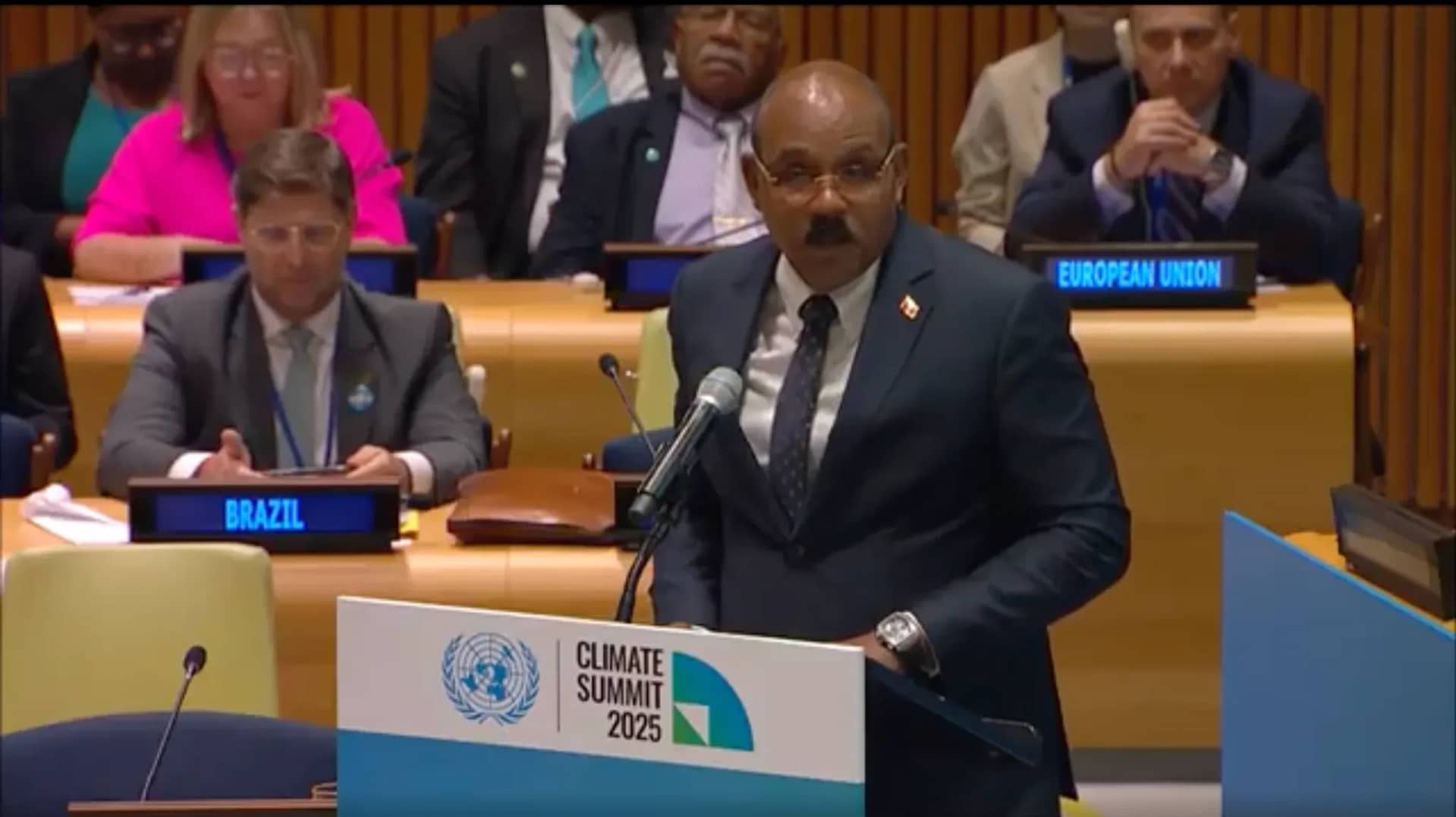In a bold address at the United Nations Climate Summit, Antigua and Barbuda’s Prime Minister Gaston Browne issued a stark warning to global leaders: if diplomatic efforts fail to address climate change, small island nations will resort to legal action to hold major polluters accountable. Browne emphasized that advancements in attribution science—research linking extreme weather events to fossil fuel emissions—now provide the necessary evidence to pursue such cases in court. ‘If diplomacy fails, then we should use the courts to hold these large polluters accountable,’ he declared. Browne framed the issue as a matter of survival for small island developing states (SIDS), which face existential threats from rising sea levels, intensifying storms, and escalating climate-related damages. He stressed that the 1.5-degree Celsius target set by the Paris Agreement is non-negotiable for these vulnerable nations. Browne also criticized the global financial system as ‘unfit for purpose,’ highlighting the staggering $387 billion annual cost of climate adaptation and the inadequacy of current climate finance. He endorsed the Fossil Fuel Treaty Initiative, which advocates for a rules-based phase-out of coal, oil, and gas, supported by financial and technological transfers. Antigua and Barbuda has taken proactive steps with its National Adaptation Plan and plans to update its climate targets this year. However, Browne emphasized that national efforts alone are insufficient. He called for the international community to adopt the ‘polluter pays’ principle, expand concessional financing, and ensure access to affordable renewable technologies. ‘Let us treat the 1.5-degree limit as a lifeline, not as a line in the sand,’ he urged. ‘And let us act—not tomorrow, but today—so that the smallest and most vulnerable nations among us are not left to face the greatest storms alone.’
Antigua and Barbuda PM Tells UN: Take Polluters to Court if Diplomacy Fails
